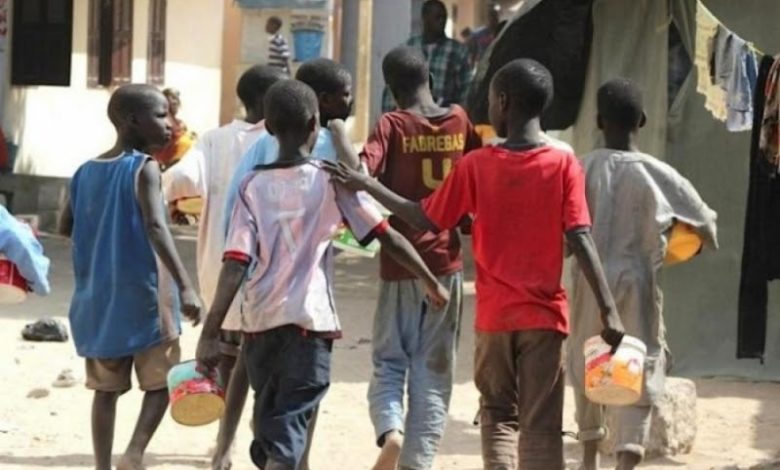100 Street Children To Undergo Photography Training In Cameroon
Cameroon is taking 100 children off the street by training them in photography to empower them with life skills and keep them off the streets.

Twenty Cameroonian street children aged between 14 and 24 on Monday, April 5, began a training course on photography for a period that is yet to be determined.
The twenty are part of 100 street children selected from five Cameroonian regions (East, North, Far North, Littoral and Centre) for the training by the Ministry of Social Affairs.
The training workshop is being organised by Pentecostal Advocates for Social and Economic Development (PENASED). PENASED is an apolitical civil society organisation promoting social inclusion and human rights.
According to the organisers, “the modules organised are at the same time theoretical and practical. For on-the-field practicals, the children would have the occasion to take their own photographs and we would accompany them in the exercise.”
PENASED “supports vulnerable classes in eight categories according to a social scoreboard on the situation of children in Cameroon namely, children living and working on the streets, children separated from their parents, children in conflict with the law, children of refugees or displaced persons, handicapped children and those infected or affected by HIV-AIDS and recently, orphans.”
According to Denise Woambia, the Divisional Delegate of Social Affairs for Nyong et So’o Division, the training is important “because it does not require a particular level of education.”
“It just needs adaptation and concentration in order to earn a living. We thank UNICEF and we would continue with the follow-up. We plead with the partners so that the training can continue until we are satisfied that the beneficiaries are autonomous and that they can take viable images.”
Joseph Wato, the Executive Coordinator of PENASED, hopes that the workshop would change the perception of those who think photography is “simply taking a camera and pushing a small button and that ends it.”
“They forget that photography is an art, a trade which demands professionalism. It feeds its man especially when they evolve professionally,” Wato explained.
“The richest photographer in the world is a billionaire. For those who would show interest, we would accompany them until they become professionals.”
Support Our Journalism
There are millions of ordinary people affected by conflict in Africa whose stories are missing in the mainstream media. HumAngle is determined to tell those challenging and under-reported stories, hoping that the people impacted by these conflicts will find the safety and security they deserve.
To ensure that we continue to provide public service coverage, we have a small favour to ask you. We want you to be part of our journalistic endeavour by contributing a token to us.
Your donation will further promote a robust, free, and independent media.
Donate HereStay Closer To The Stories That Matter




